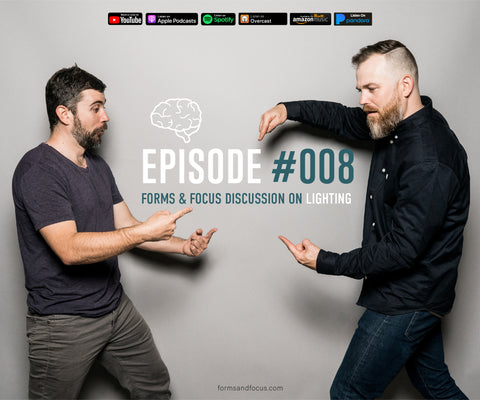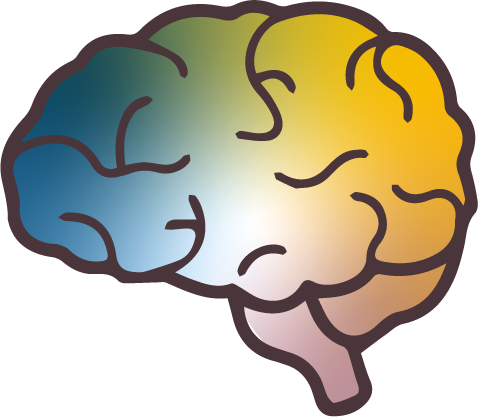
#8 Forms and Focus Discussion on Lighting
SUMMARY
Light greatly impacts your ability to focus. For example, certain light can disrupt the circadian system, reducing the quality of your sleep. A recent Michigan State University study has found that spending too much time in dimly lit rooms may actually change the brain’s structure and harm memory and learning abilities. On Episode #006, we talk about how to set your lighting to increase your focus.
At Forms & Focus, our mission is to increase your focus so you can accomplish your dreams. Many of us have dreams and goals. What keeps us from them is our inability to remove distractions and focus. We will accomplish our mission by providing you with guided forms that manifest radical focus.
0:00 - Intro
1:41 - Problem - Your lighting can impact your focus.
6:40 - Solution/Habits for better focus.
WATCH EPISODE
SHOW NOTES FOR EPISODE #8 Forms and Focus Discussion on Lighting
PROBLEM
- Light that disrupts the circadian system (Circadian rhythms are physical, mental, and behavioral changes that follow a 24-hour cycle.)
- Artificial light results in light exposure at inappropriate times of day, including light at night as well as exposure to light from mobile devices, such as phones, tablet, and computers.
- As a result, there is growing concern regarding the consequences of circadian disruption and aberrant light exposure on human health, including effects on metabolism, cardiovascular function, mental health, and even cancer risk.
- A recent Michigan State University study has found that spending too much time in dimly lit rooms may actually change the brain’s structure and harm memory and learning abilities.
SOLUTION
- Studies have also demonstrated that natural light influences health, well-being, alertness, and sleep quality. Natural light affects circadian rhythm, which dictates memory and attention.
- Making sunlight the most important source for Vitamin D production—by one study written by M. Norval, H.C. Wulf In 2009, it accounted for more than 90% for most people. Over a billion people worldwide are vitamin D deficient or insufficient.
- The group with smart windows slept 37 minutes longer than the group working with blinds on the windows, and also scored 42% higher on cognitive tests around decision-making. The researchers found that smart windows have the potential to generate $352B in increased productivity in the US alone.
- Researchers at the University of Greenwich found in a two-month study that the workers they put under “blue-enriched light bulbs” reported feeling “happier, more alert and had less eye strain.
- On the other hand, since warmer tones tend to create a sense of comfort, use this kind of lighting in more intimate settings where you want workers to feel calm and relaxed, perhaps in a meeting room where you want to emit trust.
- Throughout the day, light also needs to change since space acts like a working organism, according to Felderman and Keatinge External link:open_in_new.
QUICK HABITS
- Decrease Your Daytime and Nighttime Electronics Use
- Establish a Relaxing Bedtime Routine - bedroom a screen free zone.
- Take eye breaks and look out windows if you can not walk outside.
- Place your desk by a window.
- Schedule meetings/lunch breaks outside if you can.
- Blue-enriched light bulbs for the first part of your work day.
- Switch to middle tones towards the end of the day.
- When you get home, change to a warmer, yellow color
FIND US AT:
https://formsandfocus.com/
https://www.instagram.com/formsandfocus/
https://www.tiktok.com/@formsandfocus
Forms & Focus Podcast Available Everywhere
#forms #focus #dream #lighting

Comments (0)
There are no comments for this article. Be the first one to leave a message!